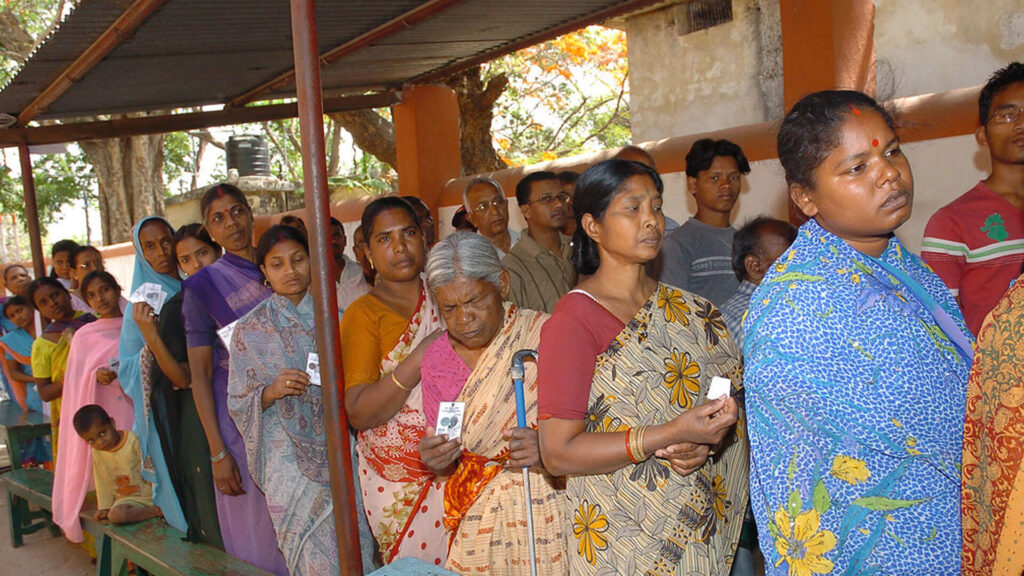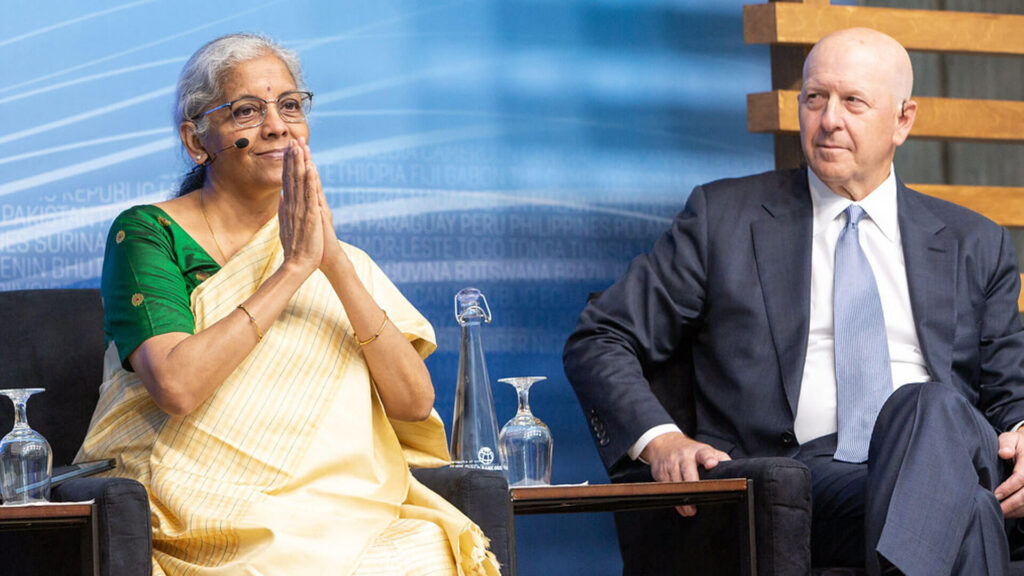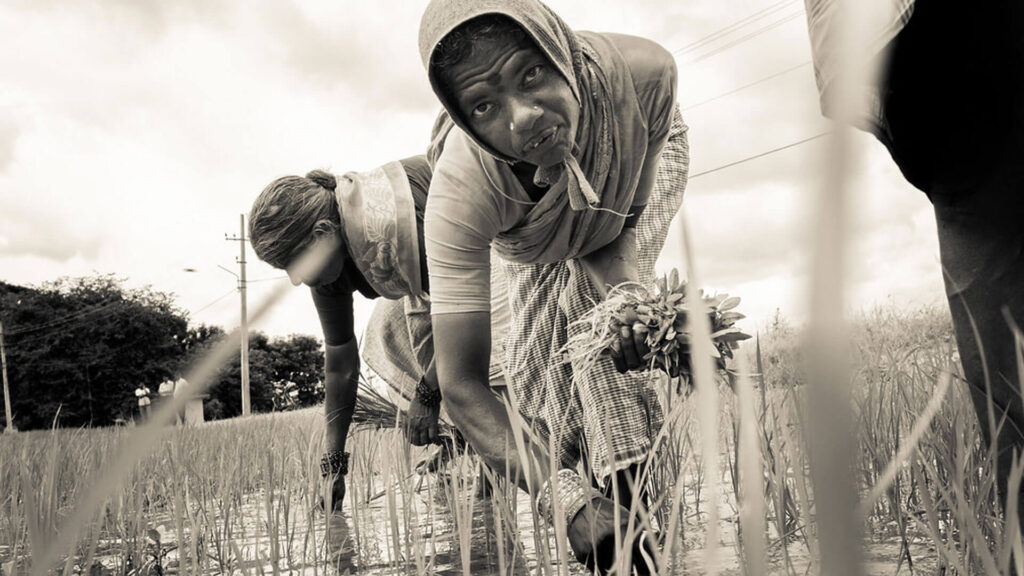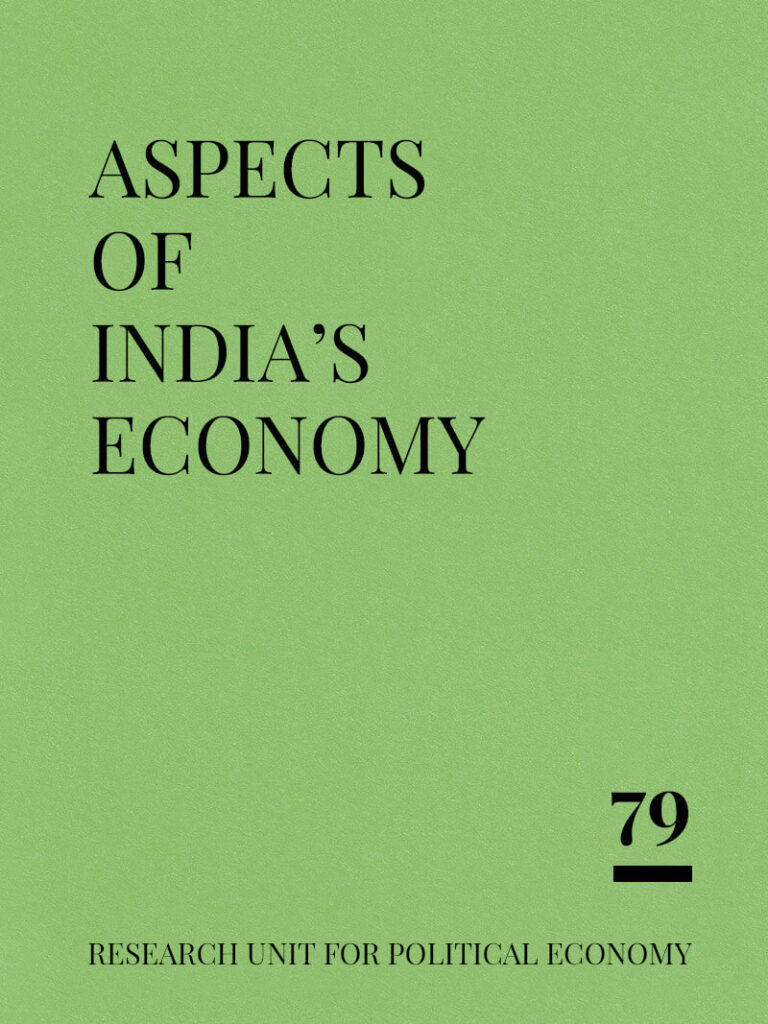
The election of a Pradhan in a small village in UP
This is the story of a contract worker who, out of financial desperation, puts up his father for the reserved seat of pradhan of a village. He does so in the hope that he can make enough money from the post to pull his family out of financial distress. What happens during and after the…

A Regime of Drain, External Control, and Impoverishment
The Indian authorities are putting the finishing touches on a financial regime that will perpetuate an unprecedented level of control of India’s economic policy by foreign investors. The simple mechanism through which this regime is to be instituted is large-scale foreign investment in Indian government bonds.

Whom Are We Addressing?
When economists criticise a particular economic policy measure, they generally do so on the implicit assumption that the rulers could have acted differently. But unless their criticism is minor, this assumption is questionable. While some ‘tweaking’ is always possible within a given policy-frame, are rulers really free to change their economic policies drastically, i.e., change…
